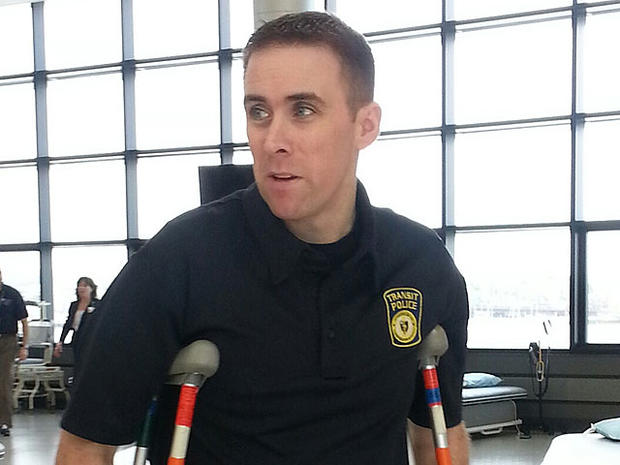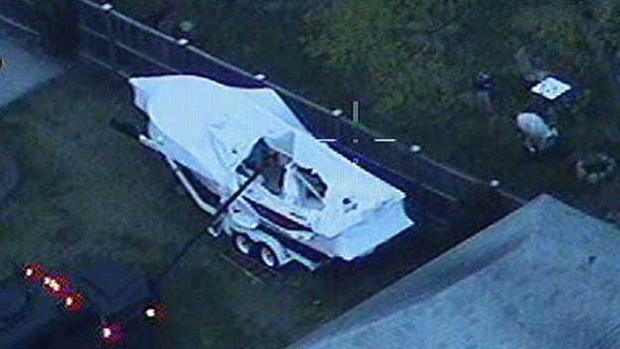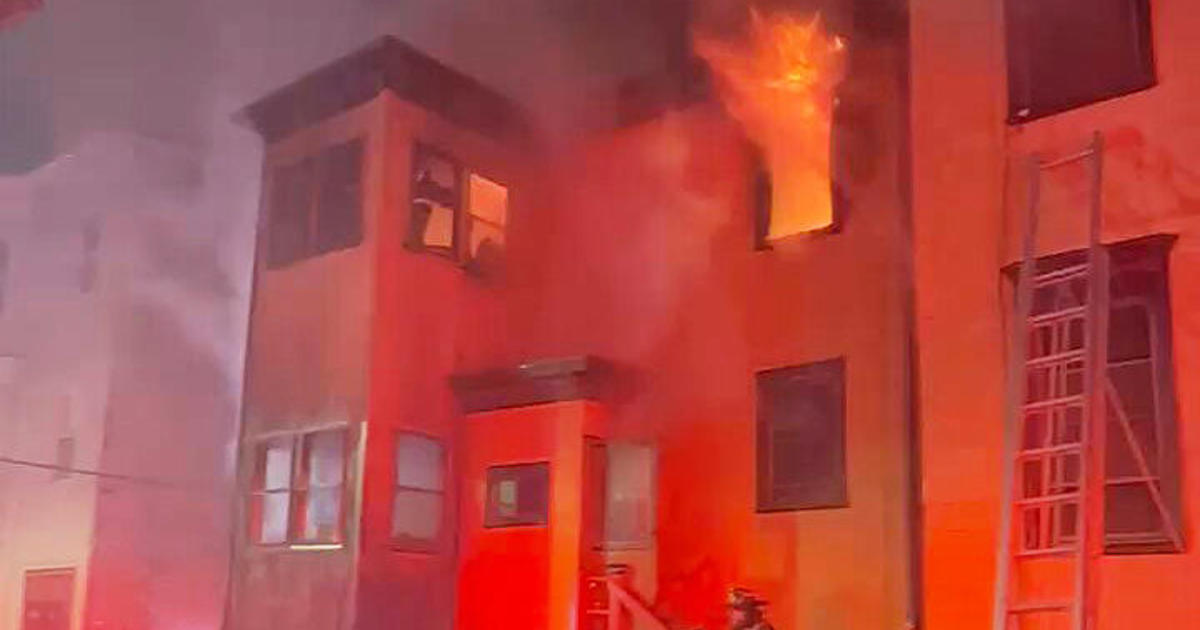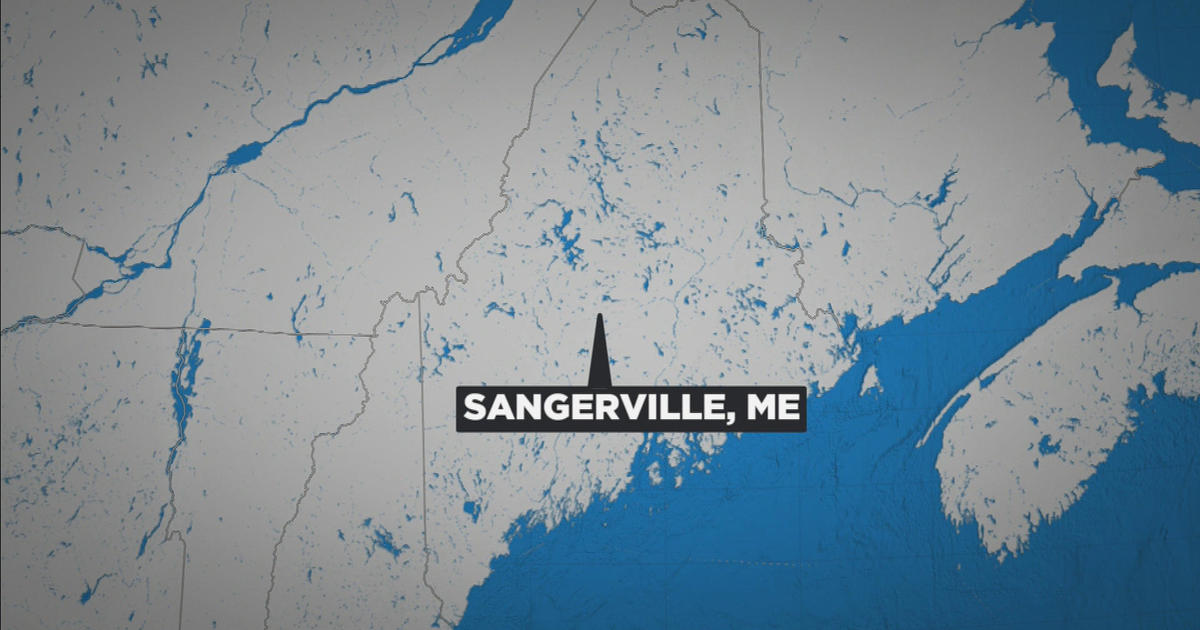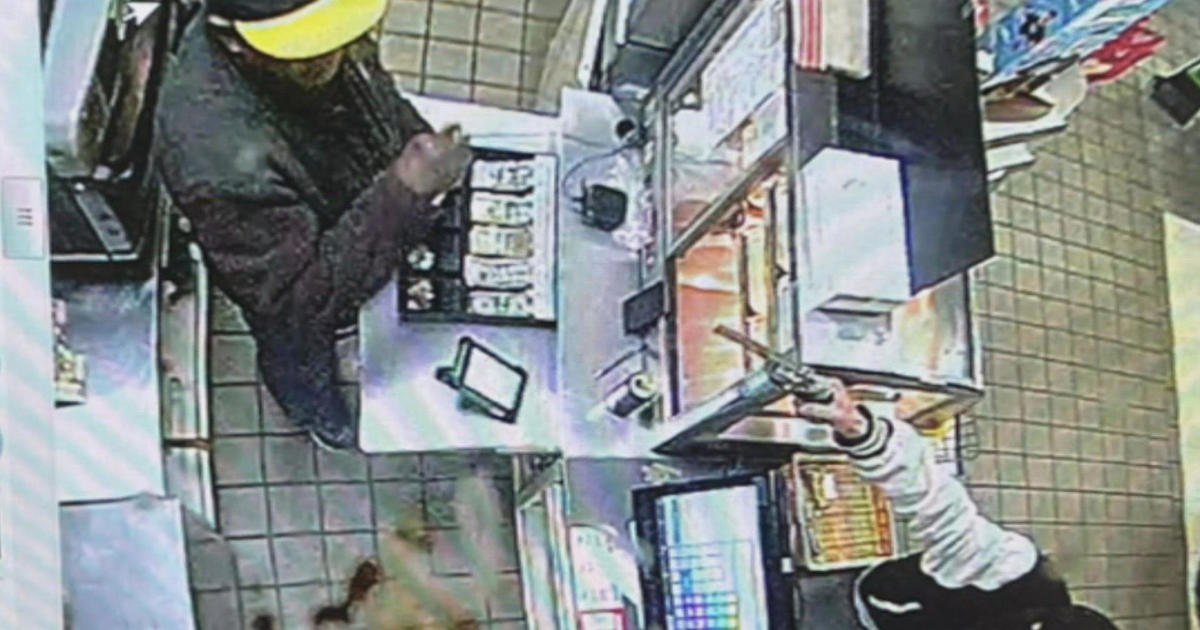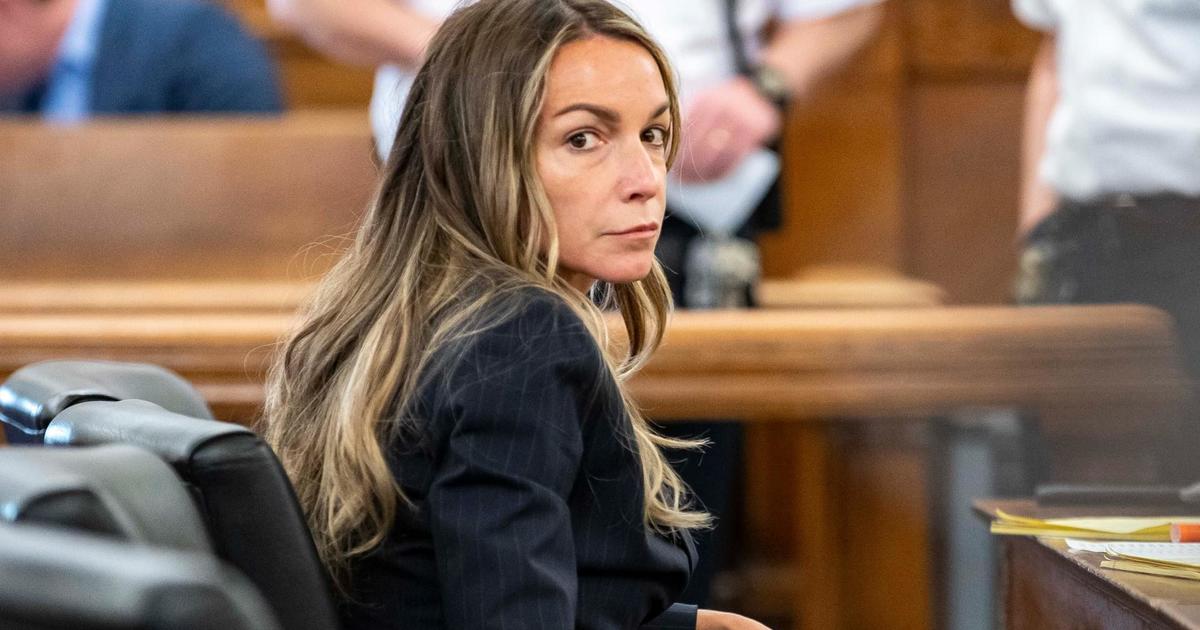Report On Marathon Bombing Manhunt Cites 'Lack Of Weapons Discipline' By Police
BOSTON (CBS/AP) — A report by the state's emergency management agency cites a "lack of weapons discipline" among some police officers during the chaotic events that unfolded when the Boston Marathon bombing suspects were tracked down in suburban Watertown several days after the April 2013 blasts.
Read: The Report (.pdf)
The report, released Friday, says while the first officers who encountered suspects Dzhokhar Tsarnaev and Tamerlan Tsarnaev acted correctly with their weapons during the ensuing firefight, officers who arrived later opened fire "without necessarily having identified and lined up their target."
Transit police officer Dic Donohue was seriously wounded during the gunfire. The report does not explicitly say if he was shot by another officer.
The report says an officer later fired his weapon "without appropriate authority" after Dzhokhar Tsarnaev was discovered hiding in a boat later that day.
Photos: Boston Marathon Bombing Trial Evidence
According to MEMA, that shot "created dangerous crossfire situations" because several officers began shooting, believing that Tsarnaev was firing at them.
Boston Police Commissioner William Evans, who was manning the scene that day, says it was unprecedented and fluid for law enforcement.
"I thought we had great control up to that point as soon as they started firing we were screaming for them to hold their fire both on the radio and we were able to slow it down," Evans says.
After the firefight with the Tsarnaev brothers, an unmarked Massachusetts State Police truck was shot at by an officer who believed it was stolen, the report found. A Boston Police Officer and state trooper who were inside were uninjured.
WBZ security analyst Ed Davis was the city of Boston's police commissioner at the time of the bombings. He says the report offers useful guidance going forward.
"The truth of the matter here is we've never experienced this in American law enforcement before," Davis said. "And so now we're looking at a new dynamic, a new dimension of what police officers need to be able to respond to."
Davis also responded to the report's criticism of a lack of "weapons discipline."
"No question there were too many shots fired in these situations," Davis said. "It's not a criticism of the officers; quite frankly this same dynamic plays out in military situations. When you're under fire the natural instinct is to fire back, but we need to be more disciplined in the use of our weapons."
Boston Mayor Marty Walsh said in a Friday statement that the city continues to learn lessons from the Boston Marathon bombings.
"I am proud that this report highlights the tremendous efforts of so many city workers following the violence that struck our City two years ago, including the re-opening of Boylston Street in the aftermath of the bombing, and the incredible response of our hospitals and medical personnel.
I know that over the past two years City departments have worked together diligently to take the lessons learned from the bombings and drastically improve our emergency response protocols so we are even better prepared for the future, and we can set the example for other cities.
The tragedy of April 15, 2013 will forever leave a mark on our City, and as we will always remember those who lost so much that day, we also reflect on how tragedy brought out the best of who we are as a community."
MEMA's report determined that cell phone service failed after the bombings because the system was overwhelmed, not because officials shut it down to stop another bomb.
Though several areas in need of improvement were listed by MEMA, the organization also pointed out that changes have been made since the bombings. Specifically, the State Police point the 2013 and 2014 July 4th Esplanade celebrations and the 2014 Boston Marathon as examples of greater coordination of multiple agencies for large event planning and management.
"Overall, the response to the Boston Marathon bombings must be considered a great success," the report says.
In particular, the report praised the work of first responders at the Boston Marathon finish line as they tended to injured spectators.
WBZ NewsRadio 1030's Carl Stevens reports
(TM and © Copyright 2015 CBS Radio Inc. and its relevant subsidiaries. CBS RADIO and EYE Logo TM and Copyright 2015 CBS Broadcasting Inc. Used under license. All Rights Reserved. This material may not be published, broadcast, rewritten, or redistributed. The Associated Press contributed to this report.)
